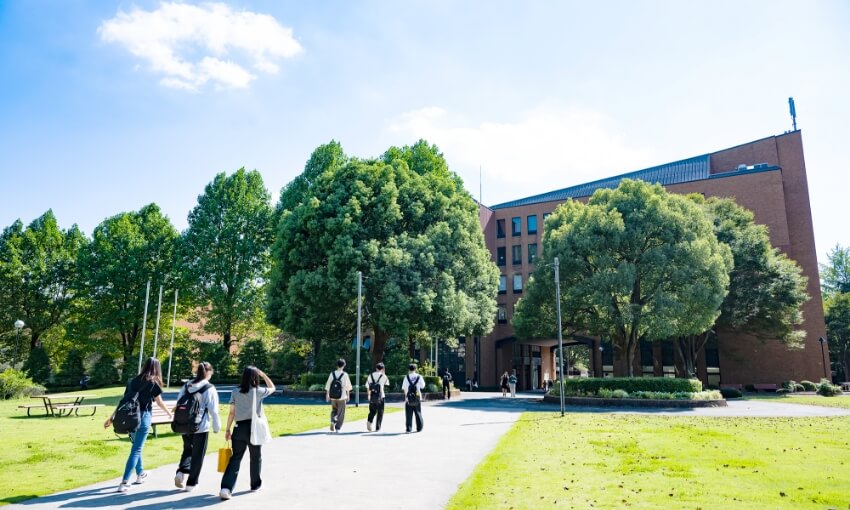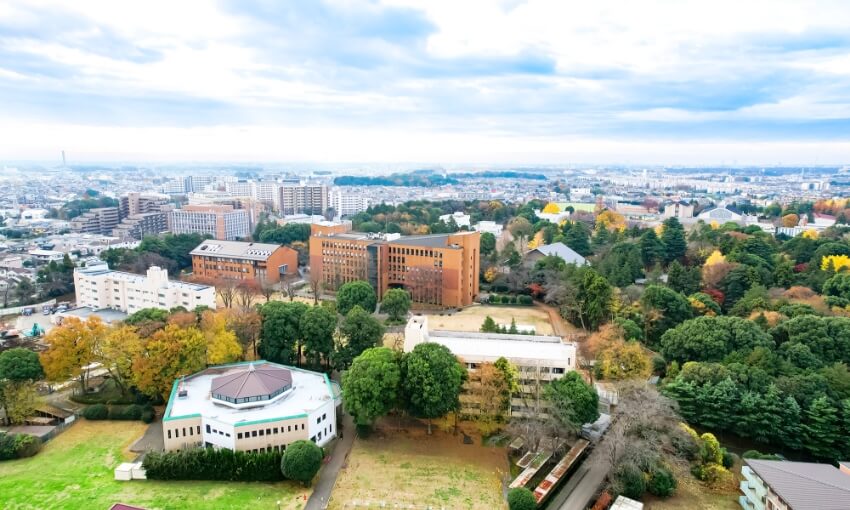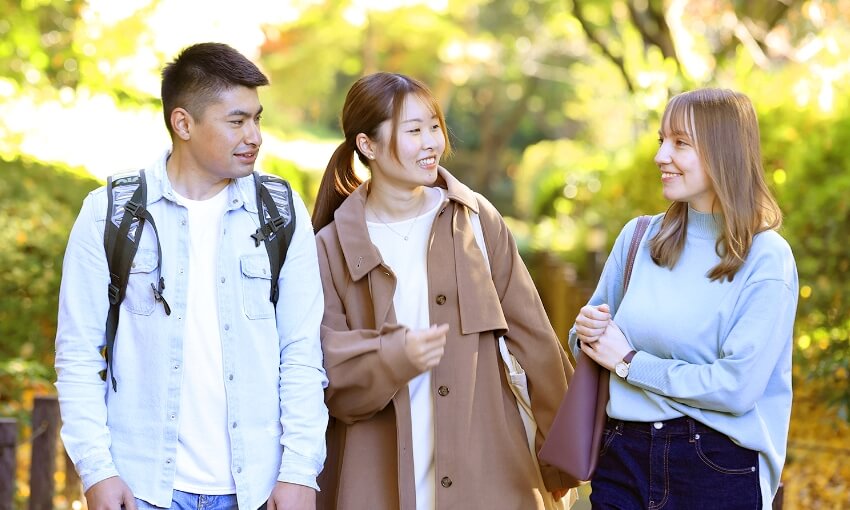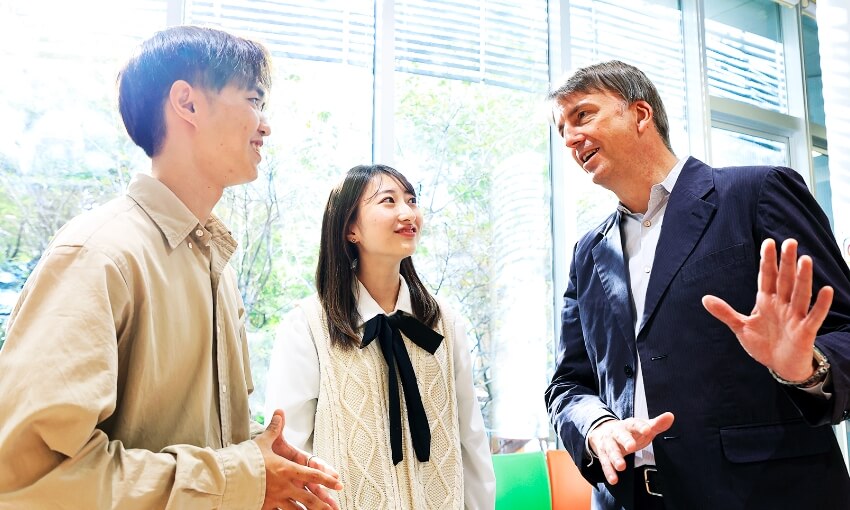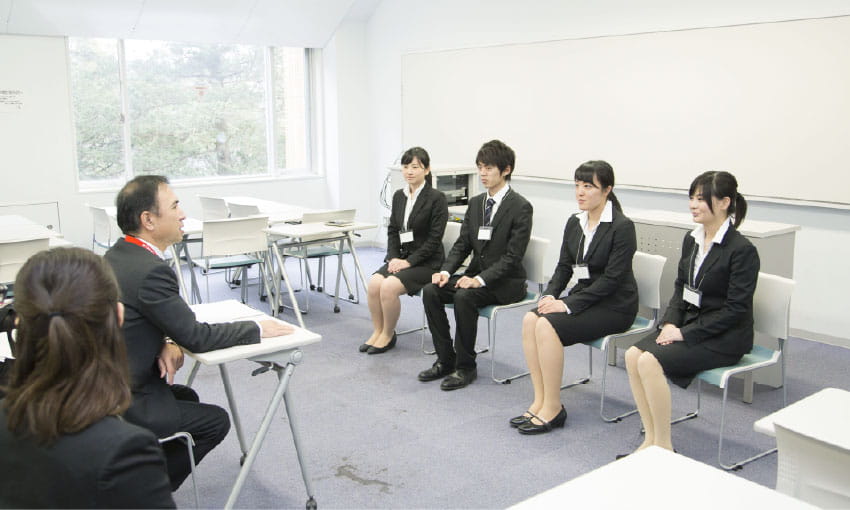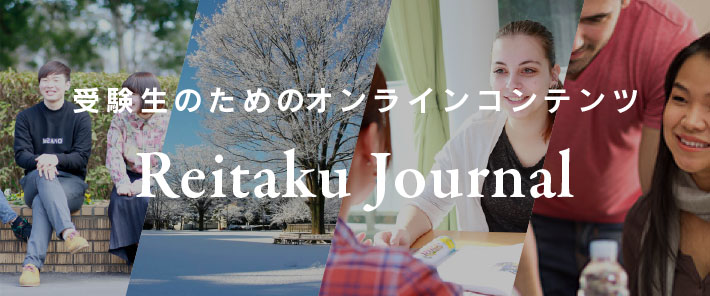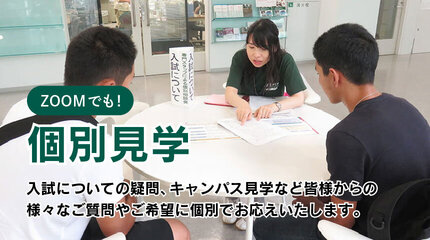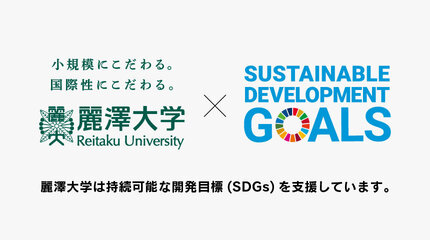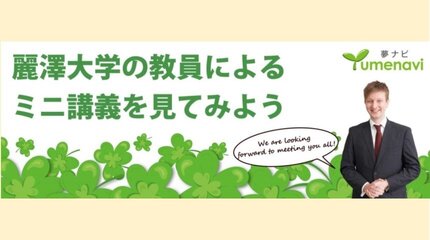You can view campus information in the form of data.
About the UniversityMessage President
Aiming to develop "glocal" professionals who serve both global and local needs
President profile
President Reitaku University Suminori Tokunaga
He is Professor Emeritus University of Tsukuba, President of The Japan Section of the Regional Science Association International, and Visiting Researcher at the University of Pennsylvania and the University of Reading. He was born in Ehime Prefecture. He has served as Professor at Faculty of Economics and Business Administration of Nagoya City University, Professor University of Tsukuba, Dean of the College of Bioresource Science, and Head of the Department of Bioresource Science.
He served as an economic advisor (long-term JICA expert) to the Indonesian National Economic Development Board (BAPPENAS) from May 1996 to November 1997. He received The Japan Section of the Regional Science Association International' Paper Award in 1999, the Association's Book Award in 2009, 2015, and 2018, and the Japan Association for Environmental Coexistence's Book Award in 2011.
Specialized field
Applied Econometrics, Spatial Economics
Research Topics
- Spatial economic analysis of foreign direct investment and trade in Asia (China, ASEAN, etc.)
- Assessment and analysis of the impact of climate change on agriculture and countermeasures
- Econometric model analysis of reconstruction and regional revitalization from the Great Earthquake
Education
- Graduated from the Graduate School of Regional Studies at the University of Pennsylvania (Ph.D.)
- Graduated from the Graduate School of Social Sciences, University University of Tsukuba (Master of Economics)
- Graduated from Tokyo University of Education, Faculty of Agriculture, Department of Rural Economics (Bachelor of Agriculture)
Main career
- Dean of the Faculty Faculty of Economics and Business Administration Reitaku University
- Reitaku University Faculty of Economics and Business Administration Specially Appointed Professor
- Professor, Faculty Faculty of Economics and Business Administration Reitaku University
- Professor, Graduate School of Life and Environmental Sciences, University University of Tsukuba
- Professor, Faculty of Economics and Business Administration, Nagoya City University
- Economic Development Expert, National Development Planning Agency, Republic of Indonesia, concurrent appointment with JICA
- Assistant Professor and Professor, School International School of Economics and Business Administration Reitaku University
- Visiting Research Fellow, Department Faculty of Economics and Business Administration, University of Pennsylvania
- Teaching Associate and Full-time Senior Lecturer, Faculty of Foreign Studies Reitaku University
book
- Environmental Economics and Computable General Equilibrium Analysis
Co-author: Springer Nature Singapore (2020.6) - Population Change and Impacts in Asia and the Pacific
Co-author: Springer Nature Singapore (2020.4) - Applied Analysis of Growth, Trade, and Public Policy
Co-author: Springer Nature Singapore (2018.12) - Spatial Economic Modeling of Megathrust Earthquake in Japan
Edited by: Springer Nature Singapore (2017.12) - Socioeconomic Environmental Policies and Evaluations in Regional Science
Co-author: Springer Science+Business Media Singapore (2017.1) - "Evaluation of the impact of climate change on agriculture and countermeasures"
Co-authored by Yokendou (September 2016) - "Model Analysis of Recovery and Regional Revitalization from the Great Earthquake: Effective Financial Measures and the Formation of New Industrial Clusters"
Edited by Bunshindo (September 2014) - "Model Analysis of Automotive Environmental Policy: Policies to Promote the Spread of Eco-Friendly Vehicles as a Countermeasure against Global Warming"
Co-authored by Bunshindo (December 2008) - Landownership and Residential Land Use inUrban Economies
Single author Springer-Verlag Tokyo (1996.1)











